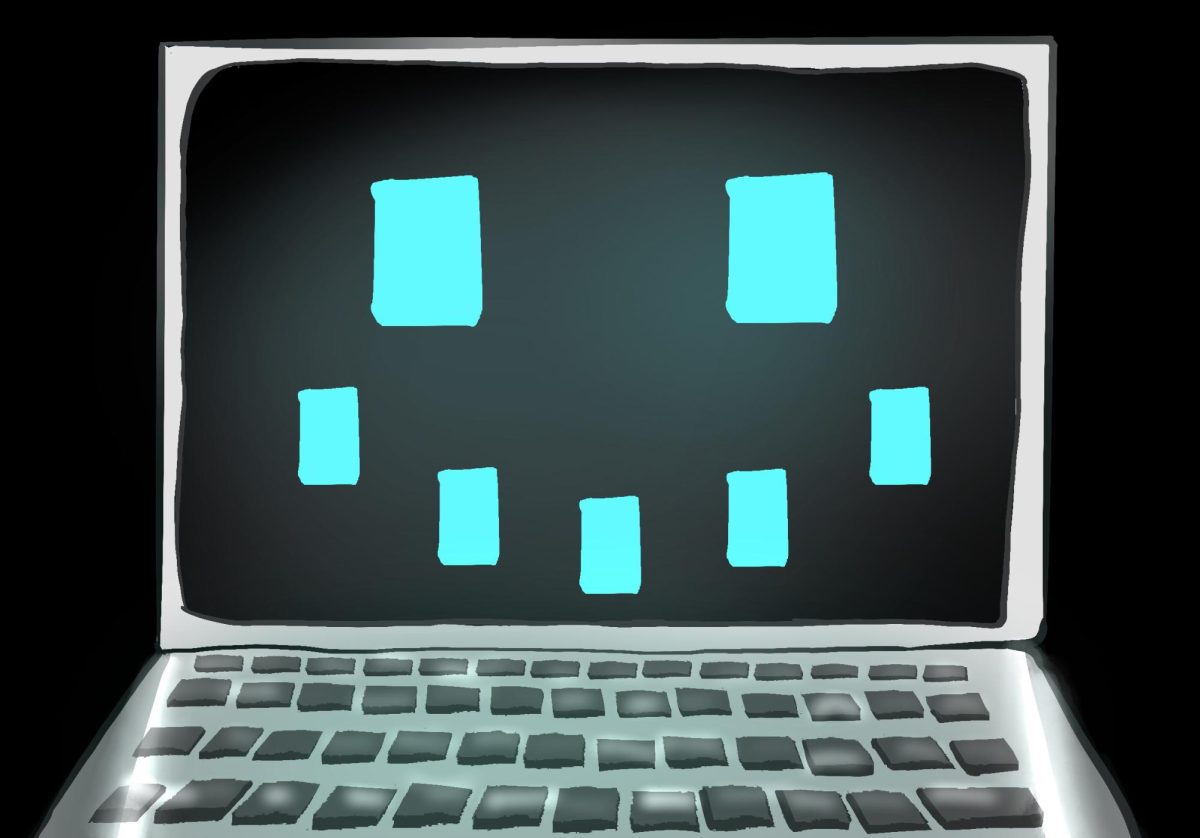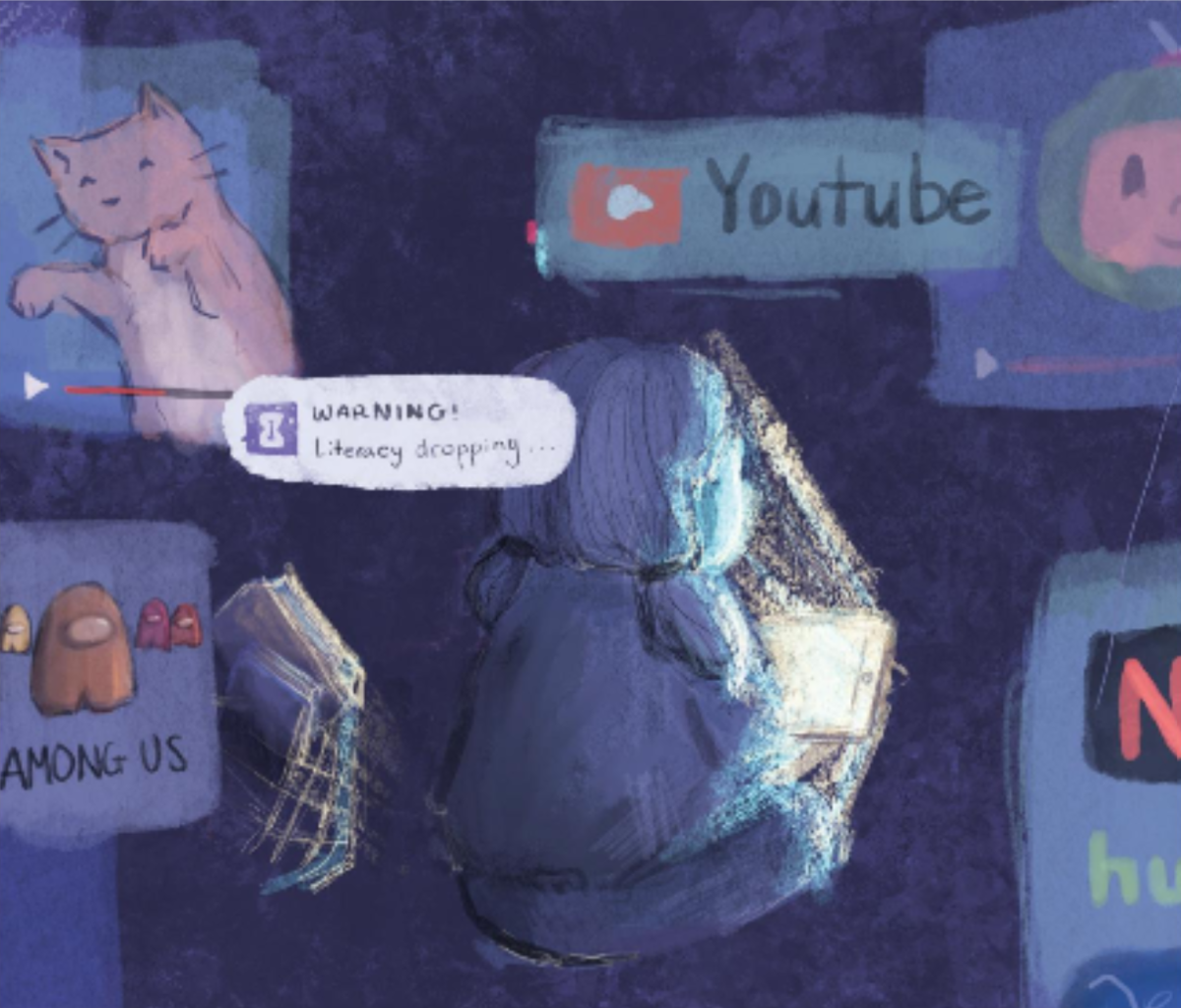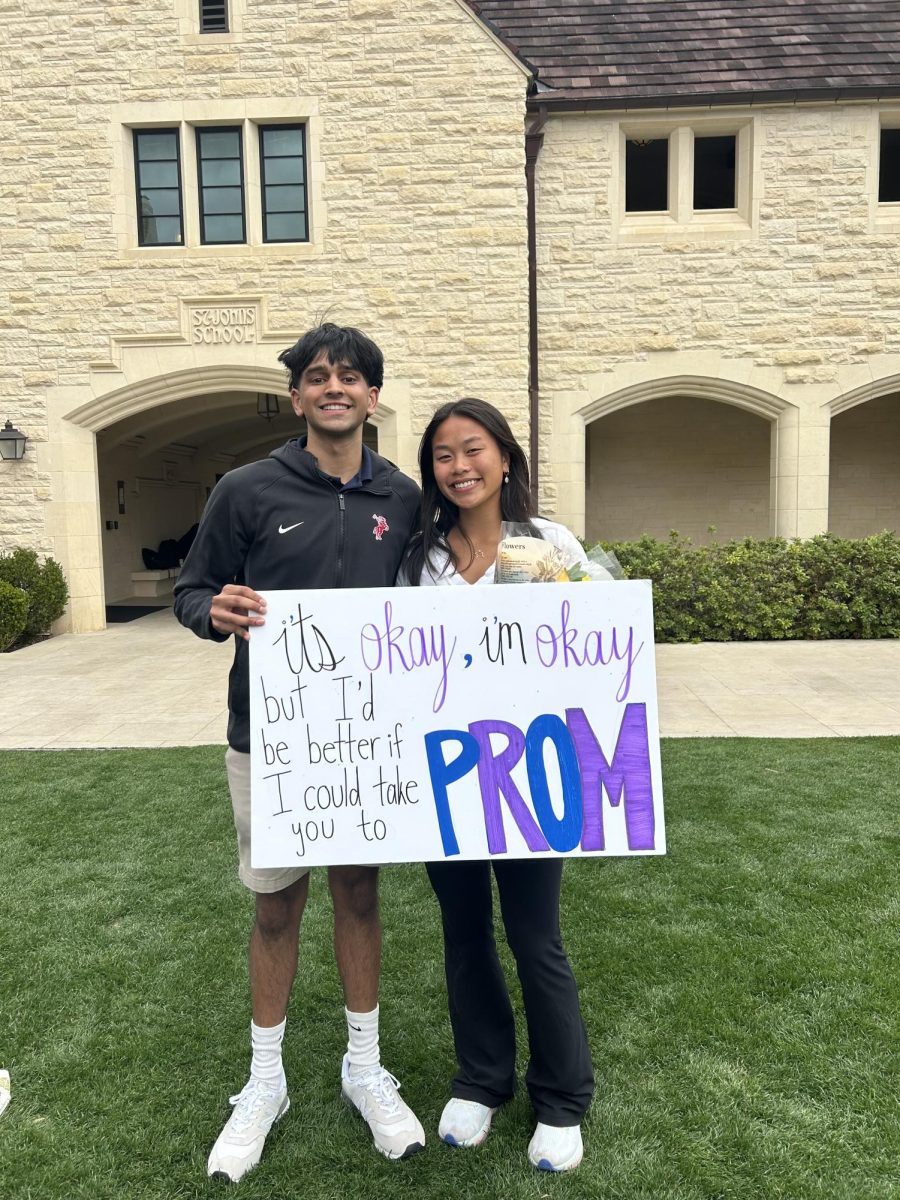While the stigma and dangers surrounding the usage of AI is warranted, the consequences are emphasized to the point that they completely overshadow the benefits.
If employed properly, AI can not just be useful, but a game changer.
I started using ChatGPT in my sophomore year. Unlike its typical usage, I was not using it to simulate my creativity or work. Instead, I used it as a stepping stone.
The simplest way one can use ChatGPT is to treat it like a Google Search. Whenever I had a question on polynomials or Chemical Kinetics, instead of taking my inquiry to a search engine, I asked ChatGPT. The results were infinitely better. The hundreds of complex articles and rabbit hole of links Google produced were replaced by a concise, specific answer. And the best part: I could ask as many follow up questions as I wanted.
As I used AI more, I became more adept with its millions of skills. ChatGPT has provided constructive feedback on my latest mock-business pitch, replicated practice prompts for my APUSH test and even helped create the puns used to title articles for the Review.
My newfound uses of ChatGPT were so helpful that I downloaded the app on my phone. Believe it or not, the app is ten times better. After spending fruitless hours trying to figure out Integrated Rate Laws one night, I opened the app and started a conversation with my personalized bot. I carried out a thirty minute long conversation with back and forth questions and communication as if I had a human tutor beside me.
With so many critics declaring AI as a danger to society and a way for people to take an easy way out, it can be easy to shy away from the technology – but really, such preconceived notions ignore one’s ability to use it not as a shady device, but as an effective tool.
People have simply believed that any form of AI is dishonorable and used to cheat, so they warn students to stay away from it completely. But what they should really be doing is educating them how to properly utilize this resource.
But using AI comes with its nuances. We cannot blindly follow or believe whatever it says. This sacrifices key components throughout the learning process such as critical thinking and forming ideas. Additionally, AI is far from perfect. Like humans, there will be errors, requiring us to be mindful of potential “hallucinations,” incorrect or misleading results that AI models generate.
As AI improves, our outlook on it should as well. AI will not be leaving any time soon, so instead of instilling fear and shame to its users, prepare students for the future.
The common misconception people have about Artificial Intelligence is that it was designed to replace us; do the things we do. But it’s not. I see AI as an enhancement; simply there to make the things we already do a little bit better.
AI can be such a strength, we just need to know how to use it.
















